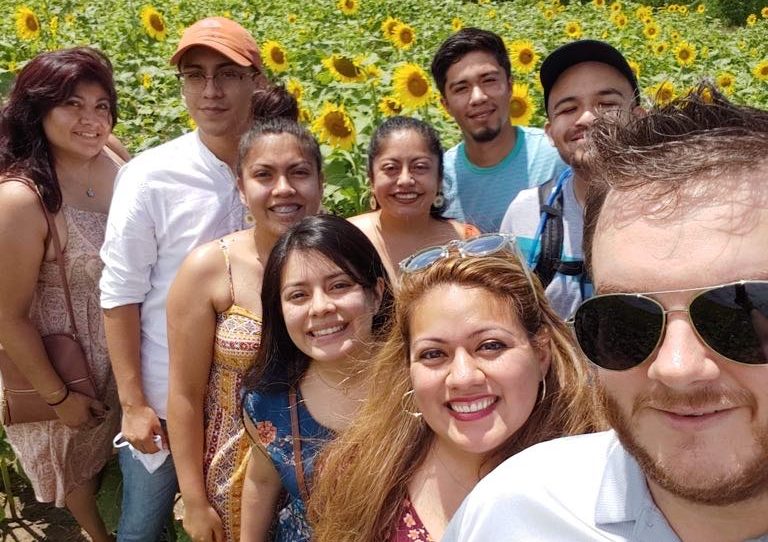By Laura E. Baum, Manager, Catalyst
Growing up, I don’t recall ever celebrating or learning about International Women’s Day or Women’s History Month. I’ve started to learn more about this topic as I got older, and it had me thinking about my own family.
My parents grew up in Mexico and made their way to the United States as teens and struggled to adjust to a new culture, but they stuck with their beliefs and upbringing. That said, as a first-generation Latina, I was brought up in a semi-strict, typical machista household — meaning that as a woman and being the eldest of five, I had to learn how to do all the household chores such as cooking, doing laundry, ironing, deep clean, etc. all while my dad did the stereotypical “man” stuff like go to work, fix the car, provide for the family, give my mom allowance money, etc. At the time, my dad wouldn’t allow my mom to work because her main priority was to take care of my siblings and getting a job might distract her from her main duties. When I would rebel against these “norms” it wouldn’t be pretty.
Now as a 31-year-old educated woman working in corporate America who has a pretty good grasp of the world, I’m happy to say that I’ve gained and found my voice, especially with my husband. Post-grad, I moved out of Chicago just to experience something different. I ended up meeting Eric and immediately knew he was different. When we moved in together, he would do laundry, he would cook and help clean without there ever being an argument. At the time, I also worked various jobs and he never complained. He knew I needed help and did it willingly. Was this normal? After we talked about our upbringing, a lot of things started to make sense. Fast forward seven years later, I still have my family call me out for not serving him food first at parties, for not waiting for him to eat or for not grabbing him a beer. I constantly remind them that he can do it himself and Eric backs me up saying he can do it himself too. It’s the small wins. We’re trying to break stereotypes and embrace equity within our relationship, while attempting to be the model example for my elder family members.
We do have model partners we look up to. My uncle came to the U.S. as a young boy, and he was the first in our family to go to college and live the American dream. Over time, I have seen how my uncle and my aunt have taken a step into providing equity within their family by sharing responsibilities and taking care of each other’s needs when one is struggling and doing it graciously with love instead of being upset that their partner isn’t doing “their side of parenting.”
I don’t believe embracing equity is a cultural hurdle, rather it feels like it’s a mentality and maybe the level of education and upbringing has something to do with understanding equity. As I begin to grow my own family with my husband and our first child, I want to instill and empower our little girl through our own example. There’s no need to argue, rather be understanding and know that life constantly changes, and we need to learn how to adapt.
This International Women’s Day and Women’s History Month, I want to celebrate my sisters, my uncle, my aunt and husband who are paving the way to new thinking and challenging norms. I cannot wait for my little girl to learn from them and to meet all the incredible people in our life.
